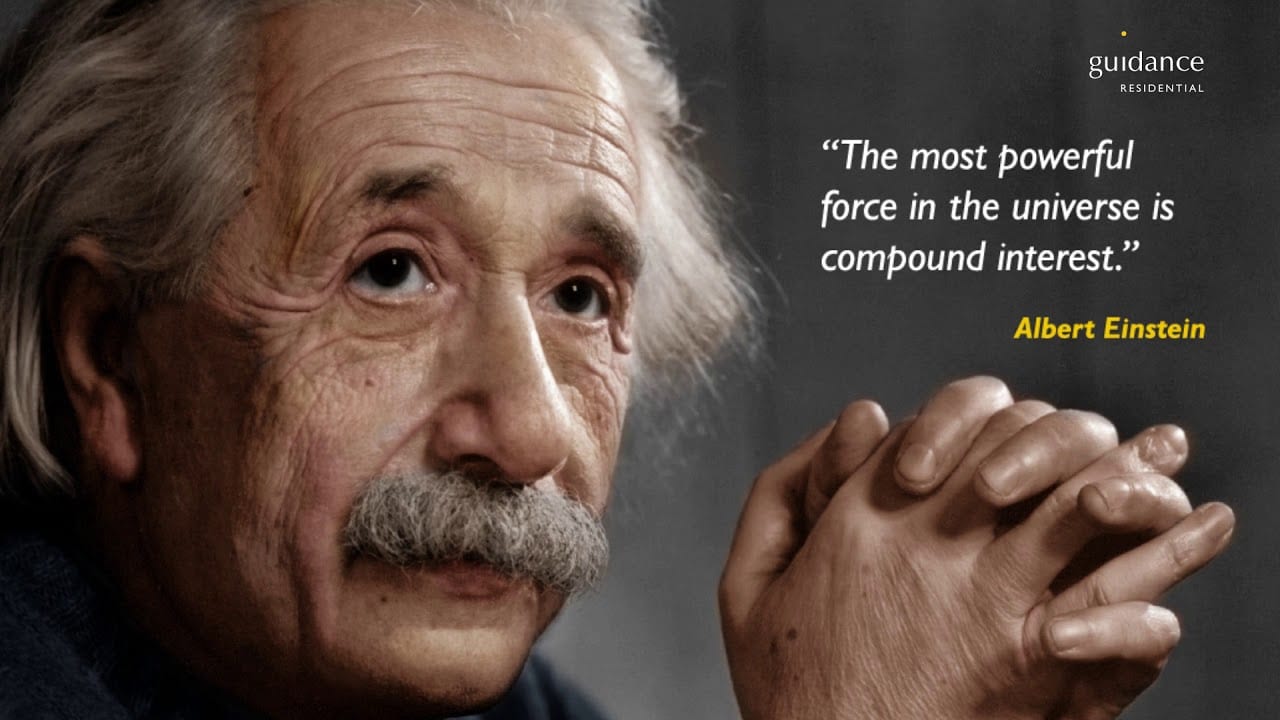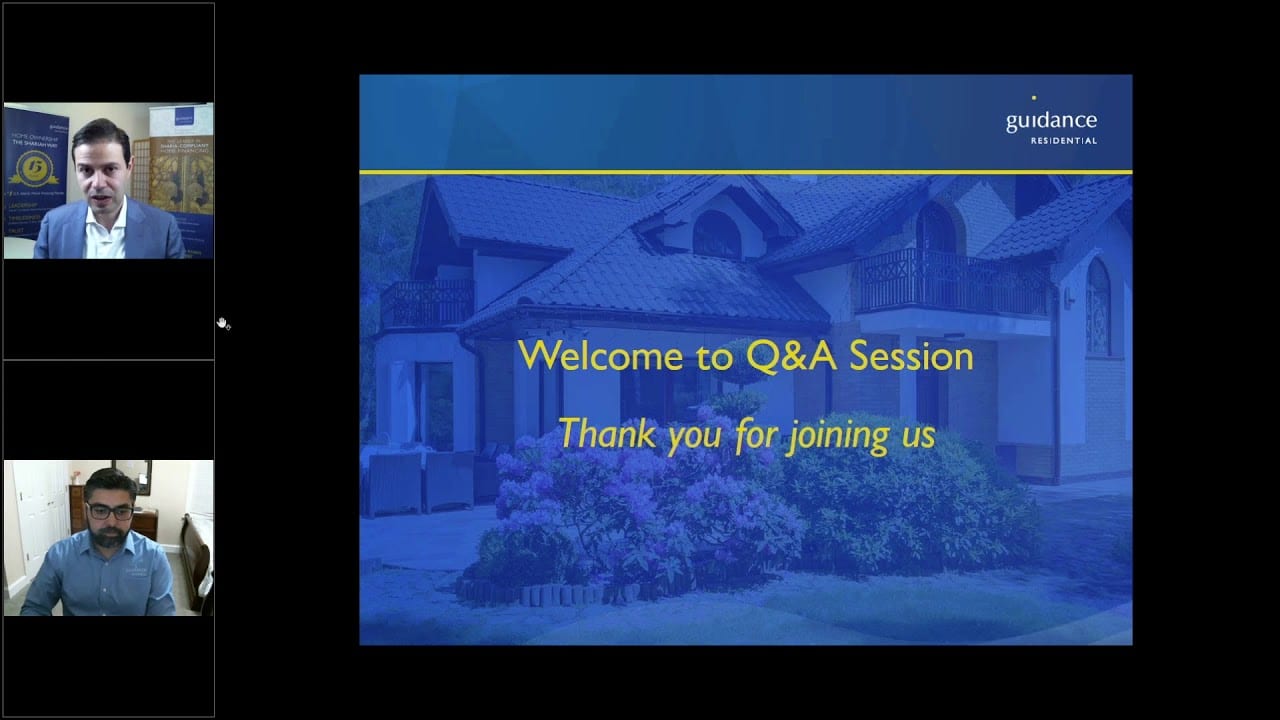4 Prophetic Principles for Wealth Management and Personal Savings

“A Messenger has come to you from among yourselves. Your suffering distresses him: he is deeply concerned for you and full of kindness and mercy towards the believers. If they turn away, [Prophet], say, ‘God is enough for me: there is no god but Him; I put my trust in him; He is the Lord of the Mighty Throne.’ [9:128-129]
The final message sent down with the Prophet (pbuh), the Mercy to Mankind, was a complete way of life. It gave us the rulings, etiquettes, and manners of worshiping our Creator. Within it we find the details of every aspect of life – how to deal with our parents, our neighbors, how to govern, how to bring about social justice, and even the minutiae of life such as how to sleep.
We also find many profound lessons on wealth management and personal savings in the legacy and tradition of our Prophet Muhammad (pbuh). From these principles are: 1) Avoid debt, 2) Avoid riba (interest or usury), 3) Give Zakat, 4) Leave wealth for your family.
1. Avoid Debt
The Prophet (pbuh) informed his companions:
“The soul of the deceased believer remains pending on account of the debt till it (the debt) is repayed” (Tirmidhi).
It is also well known that upon the death of someone, the Prophet would enquire to see if the deceased had any outstanding debts. They would check the person’s property to see if it could be paid from there, otherwise they would look for another means.
Debt is the biggest roadblock to building wealth. One simply cannot save money or invest if their monthly income is tied up in constantly repaying debts. This is further complicated by the fact that the vast majority of debts carried by the average person are interest-bearing.
2. Avoid Riba (Interest)
But those who take usury will rise up on the Day of Resurrection like someone tormented by Satan’s touch. That is because they say, ‘Trade and usury are the same,’ but God has allowed trade and forbidden usury. Whoever, on receiving God’s warning, stops taking usury may keep his past gains – God will be his judge – but whoever goes back to usury will be an inhabitant of the Fire, there to remain. God blights usury, but blesses charitable deeds with multiple increase (2:275-276).
The sin of interest is counted amongst the most major sins in Islam. Historically, it has been a tool of oppression. A creditor would come to collect a debt, and if the person was unable to pay it, the creditor would increase the amount. This would continue until a person was essentially shackled to his or her creditor.
Islam strictly prohibits profiting from the act of lending money. At it’s essence, you cannot have a transaction where one amount of money is directly exchanged for another amount of money.
The sin of interest is so great, that God declares war on those who transact with interest:
You who believe, beware of God: give up any outstanding dues from usury, if you are true believers. If you do not, then be warned of war from God and His Messenger (2:278-279).
3. Give Zakat and Charity
Jabir bin Abdullah narrated, “I gave the pledge of allegiance to Allah’s Messenger (?) for the following: 1. offer prayers perfectly 2. pay the Zakat (obligatory charity) 3. and be sincere and true to every Muslim.” (Bukhari)
The obligatory charity (zakat) is one of the five foundational pillars on which the religion of Islam is built. It is central to the core belief of every Muslim.
Part of the prophetic wealth management plan is to make sure that a fixed amount, 2.5%, of a person’s savings every year are distributed to those in need.
This is meant to not only be a benefit to those in need, but a benefit to the one giving it. It is a spiritual purification of one’s wealth. This is a reminder that wealth in Islam is not always a black and white mathematical issue. Having blessing (barakah) in wealth is a key component. Without blessing, the wealth can be quickly lost, or even become a means of destruction for someone. The true believer who gives attains the blessings of his or her wealth.
A man said: ‘O Messenger of Allah, which kind of charity is best? He said: ‘Giving charity when you are in good health, and feeling stingy, hoping or a long life and fearing poverty.”’ (al-Nasa’i)
There is always an emphasis on thinking about others. Many times, people are made to feel guilty about wealth. The test of wealth is not in the amount – the test is in how it is earned, and how it is spent. The test is in what the heart is truly attached to, and what a person is willing to sacrifice.
There is another issue here that is sometimes overlooked.
The upper hand (that gives) is better than the lower hand (that receives) (Bukhari).
In order to attain the blessings of giving, one must be in a position to give. This means that a person is diligently managing their wealth, living within their means, and saving in order to be able to give. The more that a person gives, the more that their wealth actually increases, and thus they are able to give even more.
Those who spend their wealth in God’s cause are like grains of corn that produce seven ears, each bearing a hundred grains. God gives multiple increase to whoever He wishes: He is limitless and all knowing (2:261).
4. Leave Wealth For Your Family
In the story of Musa and Khidr related in Surah Kahf (Chapter 18), Khidr rebuilds a wall. He later explains to Musa that he did this because a righteous man had left wealth behind for his two sons.
It is interesting to note that the man is characterized as righteous, and all we know about him is that he saved wealth for his children.
A man once came to the Prophet (pbuh):
“I became ill with a sickness from which I later recovered. The Messenger of Allah came to visit me, and I said: ‘O Messenger of Allah, I have a great deal of wealth and I have no heir except my daughter. Shall I give two-thirds of my wealth in charity?’ He said: ‘No.’ I said: ‘Half?’ He said: ‘No.’ I said: ‘One-third?’ He said: ‘(Give) one-third, and one-third is a lot. It is better to leave your heirs independent of means, than to leave them poor and holding out their hands to people.’” (Al-Nasa’i).
Although charity is a highly rewardable act, in this situation the Prophet (pbuh) advised that it was more important for this man to leave his family after him self-sufficient. We see from this the prophetic example of long-term planning when it comes to managing one’s wealth.
Following these prophetic principles can have a profound impact. These principles will give a person not only financial success, but they illuminate the path to both financial and spiritual wealth.



